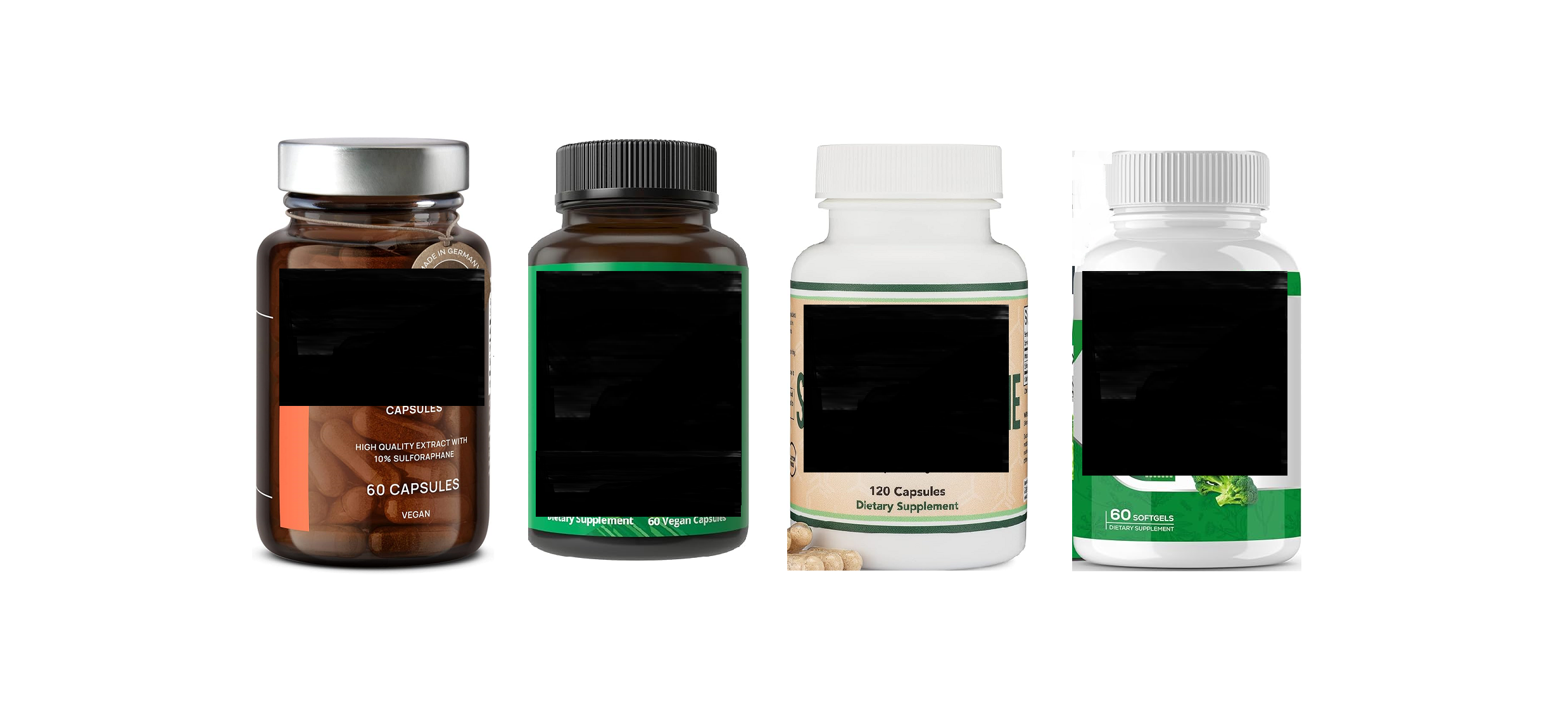Frequently, we get asked the question, "What about this broccoli supplement? Are you saying it doesn't have sulforaphane in the capsule?"
One of the ugly sides of the supplement industry is the mislabeling of "Supplement Facts." This has increasingly been true of broccoli supplements since we introduced BrocElite as the only naturally derived, stabilized sulforaphane product on the market.
But in the last three years, we've seen at least five brands say on the Supplement Facts part of the label that they have sulforaphane in the capsule, when in fact, they have the precursor molecule, glucoraphanin.
Three of the five of these brands we purchased and tested in our laboratory to find that they did not have sulforaphane. But you don't need a scientific laboratory to clear up the confusion if you have a question about a label. Anyone can email the customer support address and request the Certificate of Analysis or COA of the product in question.
The COA is a third-party test that specifies what the ingredient is in the supplement. Typically this is done by a liquid chromatography / mass spectrometry device. Along with testing broccoli products internally, requesting the COAs has become a regular practice when investigating a specific claim.
The graph below shows the difference between the precursor molecule, glucoraphanin, and actual suloraphane. Lastly, keep in mind that sulforaphane glucosinolate, which is on many broccoli supplements, is actually the glucoraphanin precursor molecule.








0 Comment